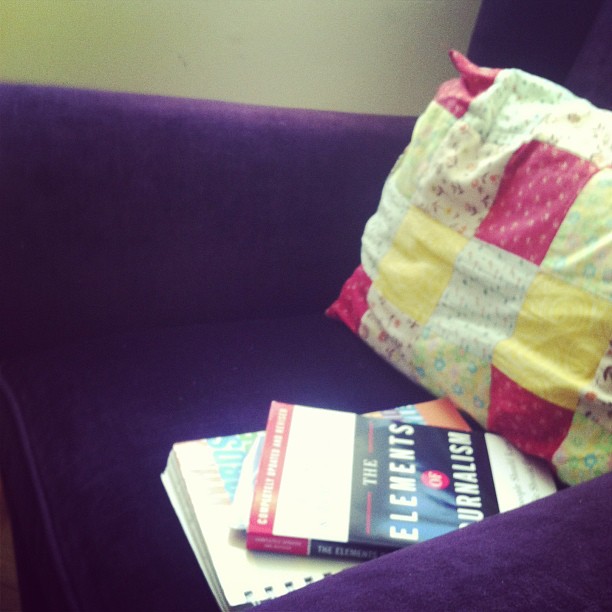
Sunshine Week and Verification Methods
[flickr id=”8554384079″ thumbnail=”medium” overlay=”true” size=”original” group=”” align=”none”]
Sunshine Week
Happy Sunshine Week! Well, retroactively by the time you read this. Chicago’s chapter of the Society of Professional Journalists hosted some events to participate in the nationwide discussion of open government, two of which were held at Columbia.
I was able to go to FOIA Fest on Monday. Andy Shaw, head of watchdog group the Better Government Association (BGA), talked about the importance of data. To paraphrase, he talked about the importance of watchdog groups and said that journalists expose problems and drive change.
“It all starts with data. You can’t investigate what you can’t see, and you can’t see what you don’t have access to,” he said.
The Freedom of Information Act, or FOIA allows watchdogs and journalists to gain access to data so we can hold the government accountable, or as BGA says, “shine a light on government.”
Shaw also discussed the challenges of FOIA and how to deal with it when officials don’t cooperate.
Events like this are valuable to students because not only do you get to learn about topics within the field, but you also get to meet people in the industry. Groups that often hold events are the Chicago Headline Club and the Association for Women Journalists, so look for them once you’re here! Both have great student rates.
Verification
[flickr id=”8554359635″ thumbnail=”medium” overlay=”true” size=”original” group=”” align=”none”]
A Poynter article prompted some class discussion about verification last week. The article talks about a study that was done that shows there is no “norm” for methods of verification. Basically, journalists agree that accuracy is important, but we all verify information differently.
In the Poynter article, one of the authors of the Elements of Journalism, Tom Rosentiel, says that the study actually reinforces what he and Bill Kovach said in the book, saying that they note in the book that verification routines are “highly individualized” and “idiosyncratic.” That said, he also said he thinks the process needs to be more well-defined and “rigorous.”
One thing that wasn’t mentioned in the article was the use of primary sources as a foundation. If journalists start with a solid foundation of using primary sources as we were trained to do (you’ll get this pounded into your head in the Infosearch Strategies class), then you are already one step ahead of the game.
To me, the problem in this age is that too much “reporting” is done based off of other reporting, leading to a telephone game-effect. That is when there really starts to be problems with lack of verification.
Of course, even with the use of primary documents and first-hand accounts, facts need to be checked.
But like the Poynter article points out: journalists are artists, not scientists. I think we are both, but there will never be hard and fast rules to this game—only guidelines. I think more than focusing on a strict list of verification rules, we need to have a greater focus on ethics in general.
What do you think about the verification process?
